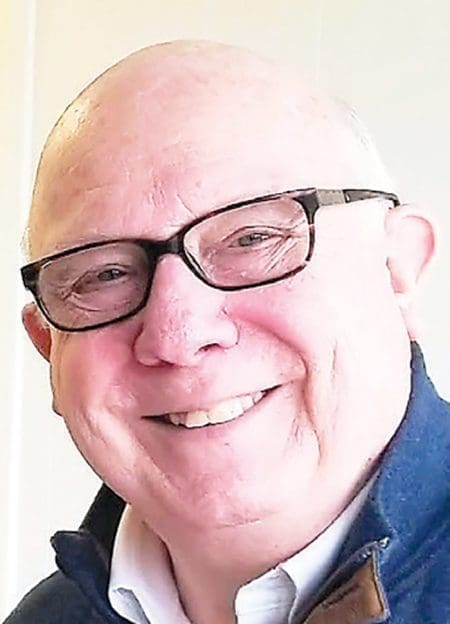 By: Mike Kelly
By: Mike Kelly
Retired Pastor
We are continuing in our series on the Sermon On the Mount by Jesus as recorded in Matthew. We’re starting chapter 6 today.
This entire series reminds us that we serve Christ in an upside down Kingdom where his values are almost completely opposed to the worlds.
The first half of John 6 is summed up in verse 1 “Be careful not to practice your righteousness in front of others to be seen by them. If you do, you will have no reward from your Father in heaven.” The next 17 versus are the practical working out of this verse.
The acts of righteousness John is referring to are alms (giving to the poor), prayer, and fasting. The caution in verse 1 is about doing these good works in such a way that you are noticed and receive the glory for them rather than the glory going to God as the true supplier.
What I find interesting is that each section begins with “When you do… rather than “if you do…” “So, when you give” v2” And when you pray” v5, “When you fast” v16.
It’s as if God expects these actions to be a part of our regular Christian walk. Yet, we know that only about 60% Christians pray daily, and the average time spent in prayer is about 5 minutes/day. Only 21% give their tithe and fewer give above that in alms and offerings.
And about 16% of Evangelical Protestants fast in any form. Maybe we are not as committed to our faith as we sometimes claim to be?
Allow me a small rabbit trail: God expects us to give 10% of our income to our church automatically. Alms and offerings are above that, not a substitute for the tithe.
In one respect, alms and offering are optional but tithing is not. Tithing is the starting point in financial security. It allows God to open those storehouses in Heaven that he talks about in Malachi 3.
Verses 2-4 read “So when you give to the needy, do not announce it with trumpets, as the hypocrites do in the synagogues and on the streets, to be honored by others.
Truly I tell you, they have received their reward in full. But when you give to the needy, do not let your left hand know what your right hand is doing, so that your giving may be in secret.
Then your Father, who sees what is done in secret, will reward you.” The “trumpets” is a figure of speech.
They didn’t actually blow trumpets to show they were giving to the needy, but they often made a big deal of it publicly. The clear intent was to be recognized as a faithful Jew rather than as a humble giver who was responding generously to the blessings God had given them.
They gave up the recognition of God for the recognition of men. A poor exchange. We are so funny about money and church. All the criticisms one hears about “all they talk about is money.” or “all they want is my money”.
Those kinds of thoughts make it hard for pastors to teach about money. Yet, here, Jesus is clearly telling his disciples and the Jews that they are to support the church with their tithes and offerings and to go even further by helping the needy.
It’s the way the Jewish leaders were doing it that got his attention. We are to give in a way where we don’t have to question our motives.
That’s what the left and right hand mean in this verse. The right hand was the more noble hand, and the left hand represented the baser instincts like getting recognized.
So, don’t think about getting recognized when doing God’s will. If we act strictly for the benefit of God’s kingdom and people, God rewards us at the eternal level, a far greater and lasting reward.
That’s not to say that when we make a donation, we have to do it in cash, so no one knows what we give. It is simply telling us to check on why we are giving. If it’s to be recognized, we’re going to lose the added blessing in Heaven. So, give to the needy. That’s an expectation.
But do it in a manner that doesn’t seek recognition. That doesn’t mean that you won’t get or shouldn’t sometimes get recognized, but be sure your heart is in the right place about the motivation behind your giving.
———————–
Mike Kelly is the founding pastor of Bryan’s Grace Community Church (retired) and Board Chairman of Bryan’s Sanctuary Homeless Shelter and Williams County’s Compassion (free) Medical Clinic.

